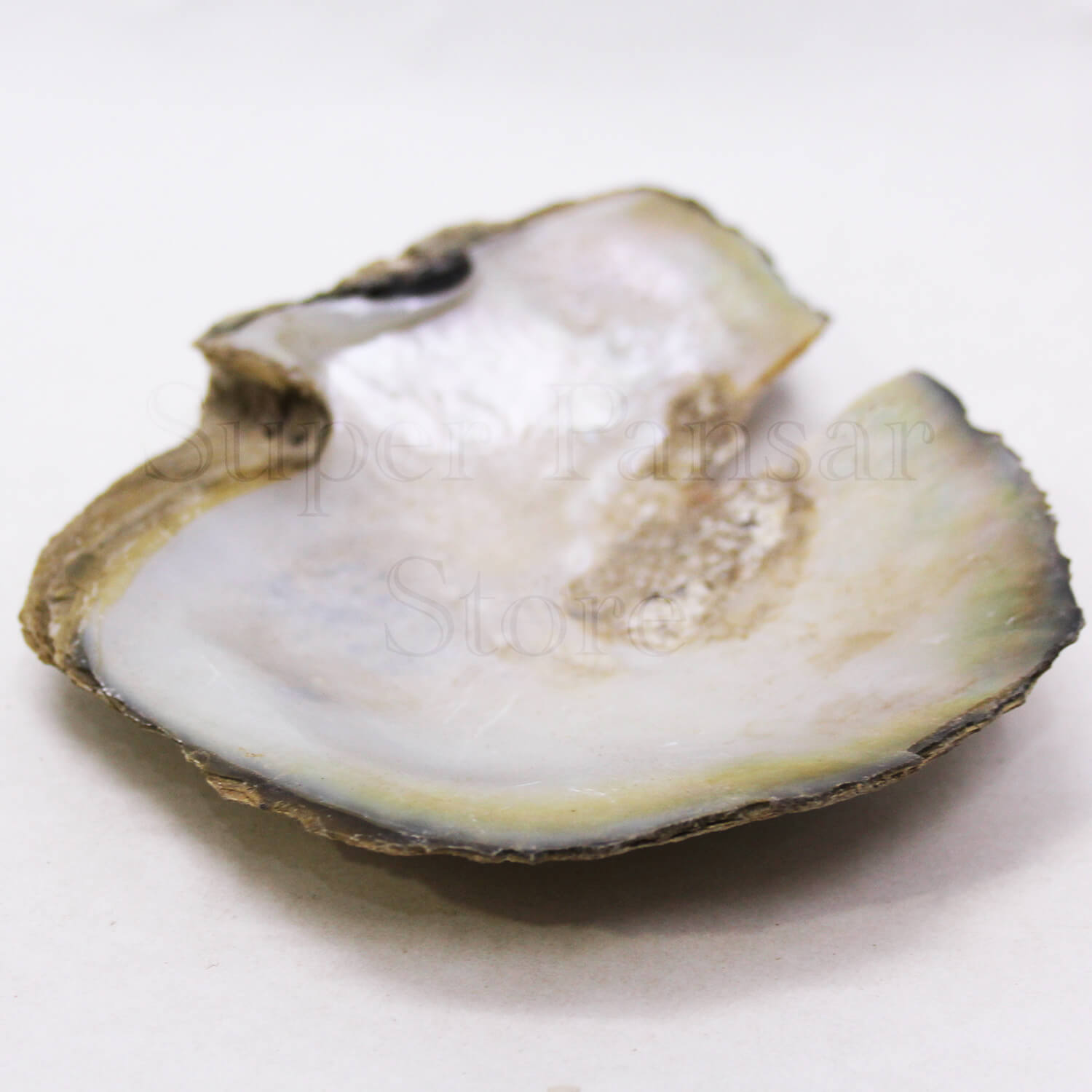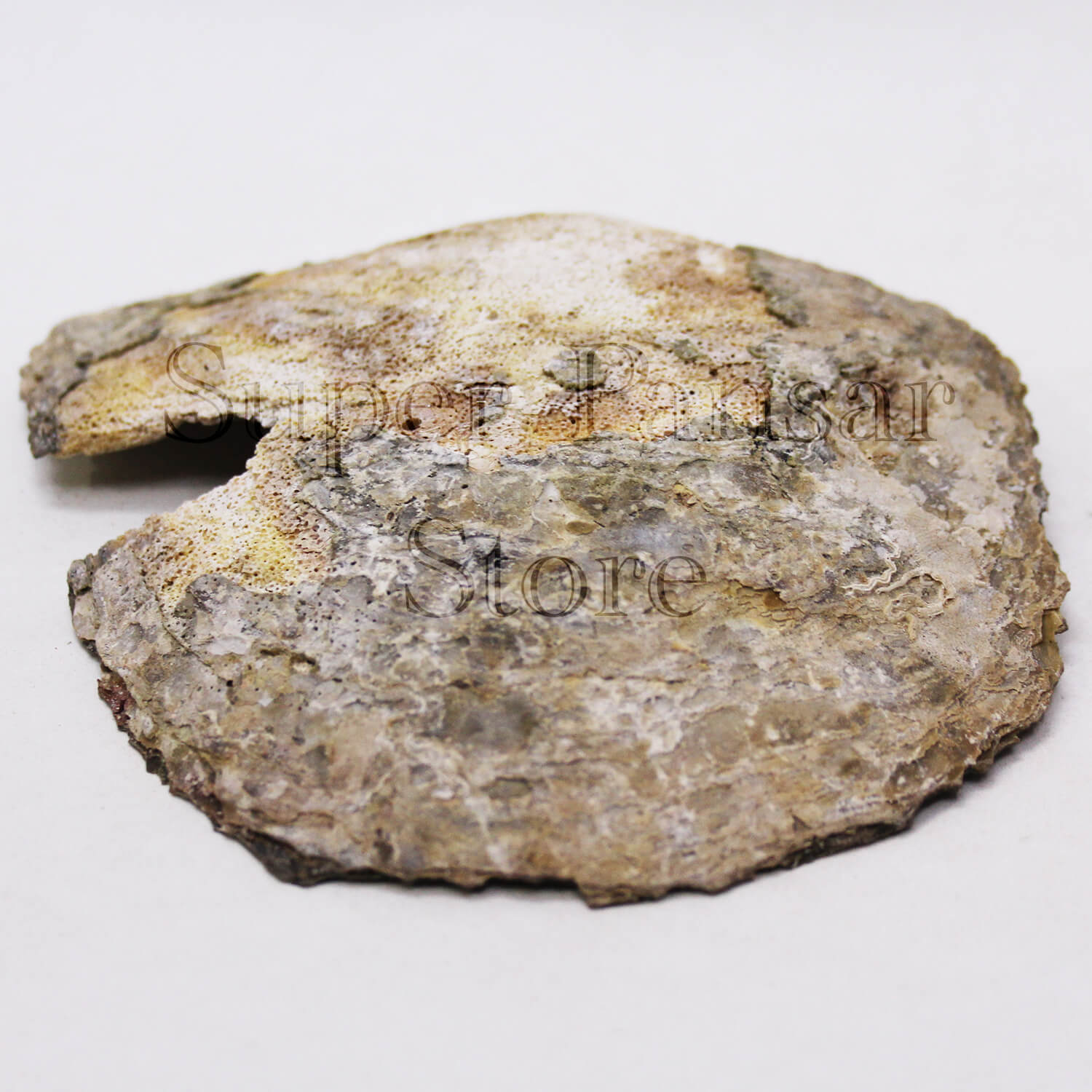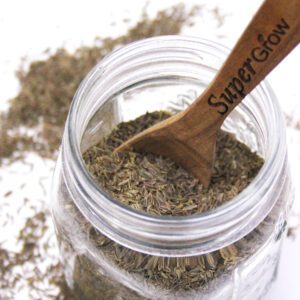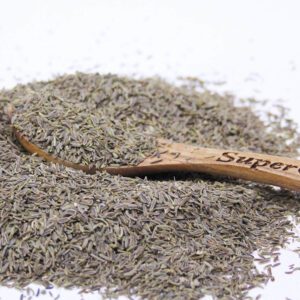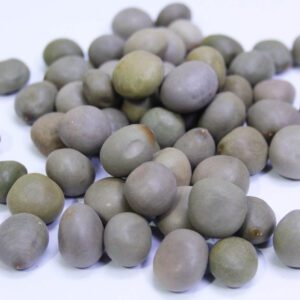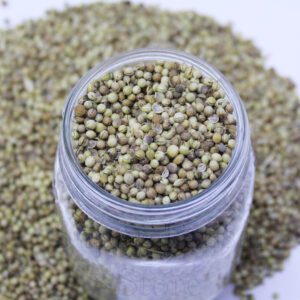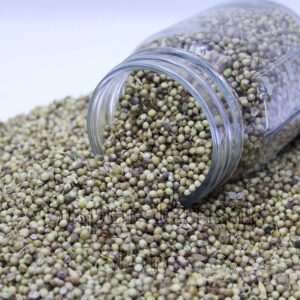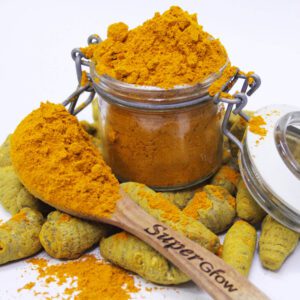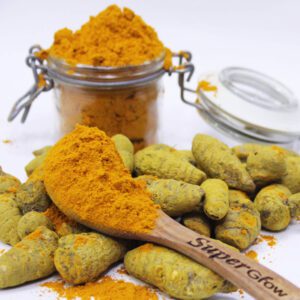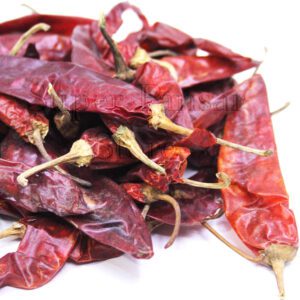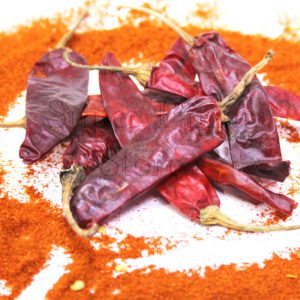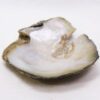Overview
Oyster shells are the hard, protective outer coverings of oysters. These shells are composed primarily of calcium carbonate and are formed by the oyster’s mantle, the soft tissue responsible for shell production. Oyster shells are rich in calcium carbonate, making them an excellent source of calcium. When crushed or ground into a powder, oyster shells can be used to amend soil, providing a slow-release source of calcium for plants. Calcium is essential for plant growth and plays a crucial role in cell wall formation, root development, and nutrient uptake.
Benefits & Uses
Nutrient source:
Oyster shells are rich in calcium carbonate, making them an excellent source of calcium. When crushed or ground into a powder, oyster shells can be used to amend soil, providing a slow-release source of calcium for plants. Calcium is essential for plant growth and plays a crucial role in cell wall formation, root development, and nutrient uptake.
PH balance:
Oyster shells can help regulate soil pH levels. They have a natural alkaline pH, so adding crushed oyster shells to acidic soil can help raise the pH and make it more neutral. This is particularly beneficial for plants that prefer alkaline soil conditions, such as many vegetables and flowers.
Soil structure:
The coarse texture of crushed oyster shells can improve soil structure by promoting aeration and drainage. When mixed into soil, they create air pockets that allow water, nutrients, and oxygen to penetrate more easily to plant roots. This can help prevent soil compaction and improve overall soil health.
Sustainable agriculture:
Using oyster shells as a soil amendment is environmentally friendly and sustainable. Oyster shells are a byproduct of the seafood industry and would otherwise be discarded as waste. By repurposing them for agricultural use, we can reduce waste and minimize the environmental impact of shellfish farming.
Poultry health:
Crushed oyster shells are commonly added to chicken feed as a source of calcium. Calcium is essential for eggshell formation in laying hens, so supplementing their diet with oyster shells can improve egg quality and reduce the risk of calcium deficiency-related health issues, such as weak or thin eggshells and skeletal disorders.
Aquaculture support:
Oyster shells provide substrate for oyster larvae to attach to and grow, supporting oyster aquaculture operations. They also serve as a natural source of calcium for shellfish hatcheries, helping to ensure healthy shell development in juvenile oysters.

